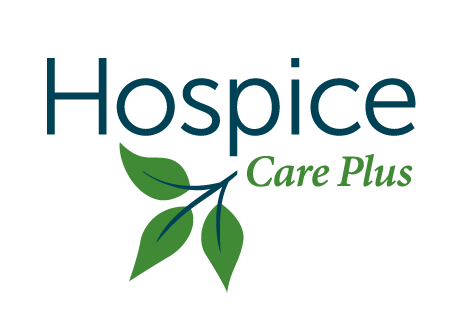The Center for Medicare Services (CMS) requires providers to publish their rates. As a non-profit hospice, our mission is to provide care and core services to all, regardless of insurance status or ability to pay. These rates are not invoiced to patients and families; these are the rates of reimbursement CMS will pay to our organization when a patient’s care is covered by Medicare.
These rates only apply to our Home Hospice Care and Compassionate Care Center programs.
Routine Home Care (1-60 Days): $197.22 per day
Routine Home Care (61+ Days): $155.34 per day
Respite Care: $460.29 per day
General Inpatient Care: $1032.73 per day
Continuous Care: $1393.65 per day
News & Events

Visit the Bucket-List Blog
We love sharing our bucket-list stories, and there are so many of them that we’ve given them their own home: The Hospice Care Plus Bucket-List Blog. Visit today and read inspiring stories about bucket-list wishes like: Meeting Blake Shelton in Person (It Happened!) Visiting a Favorite Fishing Hole One More Time Marrying the Love of…





